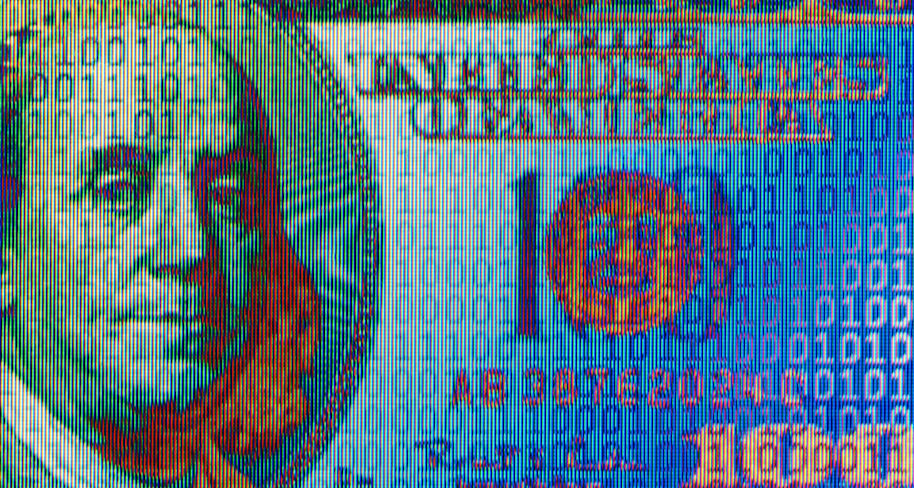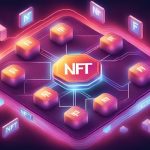
Cryptocurrencies, once considered as niche digital assets primarily associated with financial speculation, have rapidly evolved into transformative tools with applications extending far beyond traditional finance. The early days of Bitcoin and subsequent cryptocurrencies were marked by enthusiasts envisioning a decentralized financial system. However, the landscape has undergone a profound shift, revealing an array of innovative use cases that challenge the conventional boundaries of technology and finance.
Decentralized Identity and Authentication
In the ever-expanding digital landscape, the concept of decentralized identity and authentication stands out as a beacon of innovation. Utilizing blockchain technology, this paradigm shift offers a robust solution to age-old challenges associated with identity verification and document security.
Blockchain-based identity verification is at the forefront of revolutionizing how we establish and verify our digital identities. This not only reduces the risk of data breaches but also empowers individuals with greater control over their digital identity.
Cryptographic Signatures for Digital Documents usher in a new era of document security and integrity. Leveraging blockchain, documents are secured through cryptographic signatures, providing an unalterable record of their origin and content. This not only guards against tampering but also ensures the authenticity of digital files. Whether it’s contracts, certificates, or sensitive information, the decentralized nature of this technology adds an extra layer of trust to the digital realm, mitigating the risks associated with fraudulent activities and unauthorized alterations.

Supply Chain Management and Blockchain
Supply chain management undergoes a transformative journey with the integration of blockchain technology, promising heightened transparency and efficiency throughout the entire process.
Transparency and traceability in supply chains take center stage as blockchain introduces a decentralized ledger for tracking goods and products. Cryptocurrencies, powered by blockchain, enable an immutable record of every transaction, providing stakeholders with real-time visibility into the movement of products. This not only minimizes the risk of errors and delays but also establishes an unalterable history, rendering supply chains more transparent and traceable. Additionally, this technology acts as a powerful tool in the prevention of fraud and counterfeit products by creating an unforgeable digital trail that verifies the authenticity of each product.
Smart Contracts in Supply Chain bring automation and efficiency to contract execution, revolutionizing the traditional framework. By encoding contractual agreements onto the blockchain, smart contracts automatically execute and enforce terms as predetermined conditions are met. This not only eliminates the need for intermediaries but also significantly streamlines the supply chain process. Furthermore, the self-executing nature of smart contracts reduces the likelihood of disputes, providing a more seamless and trust-driven environment for all parties involved.

Tokenization of Assets
In the dynamic realm of blockchain technology, the concept of tokenization has emerged as a groundbreaking force, reshaping how we perceive and interact with real-world assets.
Real-world assets on the blockchain witness a paradigm shift as traditional assets like real estate, art, and more, are tokenized. This process involves converting these tangible assets into digital tokens on a blockchain, providing an immutable record of ownership. Tokenization democratizes access to these assets, allowing individuals to own fractions of high-value items. The accessibility and liquidity benefits are profound, enabling a more inclusive participation in investment opportunities that were once reserved for a select few. Investors can now engage in fractional ownership, owning a share of a property or a piece of art without the hefty upfront costs.
Fractional Ownership through Tokens heralds a new era of democratized investment. By breaking down the barriers to entry, tokenization opens up investment opportunities to a broader audience. This transformative shift not only broadens access but also redefines traditional ownership structures. Investors can diversify their portfolios by holding fractional shares in multiple assets, promoting financial inclusivity. Tokenization facilitates a more flexible and liquid market where assets can be bought or sold in smaller portions, offering investors unprecedented control over their investment strategies and risk management.

 Navigate the crypto and NFT landscape with ShareNFT. From investment tips to technological advancements, we unravel the complexities of blockchain. Empower yourself to make informed decisions in the dynamic world of digital finance.
Navigate the crypto and NFT landscape with ShareNFT. From investment tips to technological advancements, we unravel the complexities of blockchain. Empower yourself to make informed decisions in the dynamic world of digital finance. 




